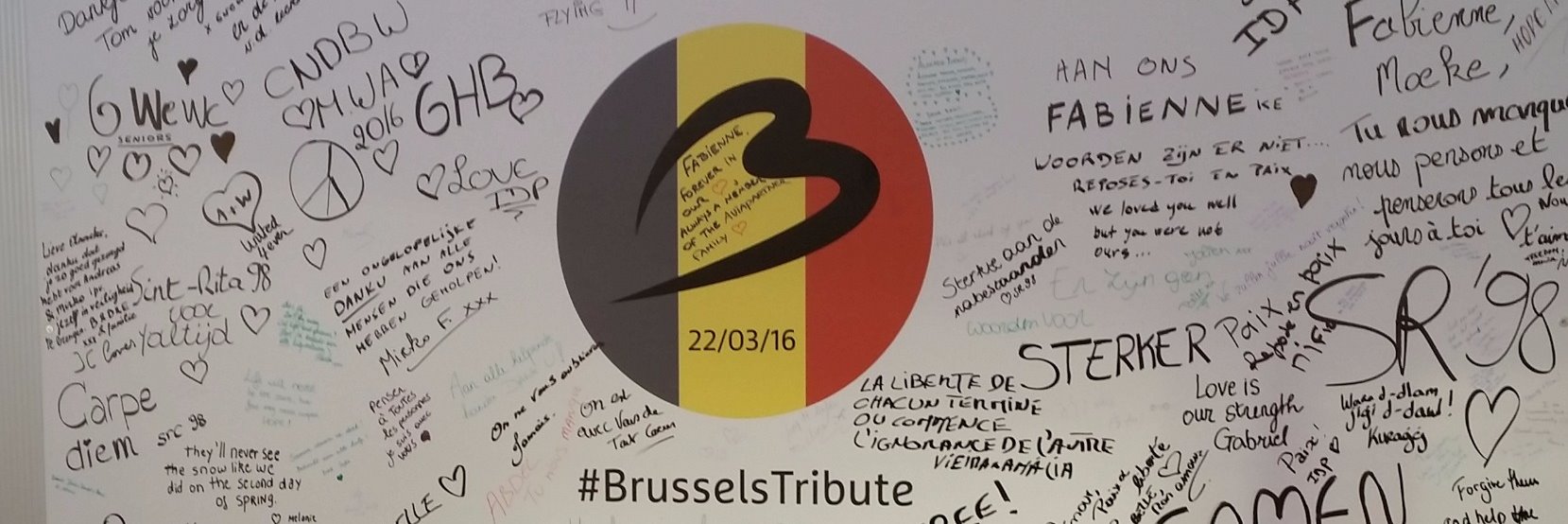PREVENTING AND COUNTERING
VIOLENT EXTREMISM
Hello
Hello
Context
The minds and hearts of youth and young adults are often quite malleable to external influences in their environment, both positive and negative. In both the contexts of war, where direct violence is occurring, as well as other conflict settings, where inequality, injustice, and violence enabling narratives may abound, these populations are affected by high levels of stress, including emotional and physical health problems such as aggression, depression, alienation and addiction. It is, therefore, crucial to work with these age groups (16-35) in order to develop responsible, value-based citizens and leaders as well as prevent and provide alternatives to radicalized narratives and destructive behavior towards themselves and others.
Our programs :

1. Preventing & Countering Violent Extremism (PCVE)
The
PCVE program provides a 16 to 22 hour training offering participants practical
tools and life skills to release stress, master their emotions, withstand radicalization
and peer pressures thereto, and solve conflicts using nonviolent action. Working
at both personal and interpersonal levels, PCVE addresses several different
types of change, including physical, mental, emotional, spiritual and interpersonal
outcomes, transforming the attitudes and behaviours of youth and young adults from
at-risk to high performing, responsible, confident and empowered populations.
Hello
hello

2. Youth Leadership Peacebuilding Training, (YLPT)
The YLPT provides 8-10 days of hard and soft skills development, focusing on individual empowerment and locally informed and owned peacebuilding strategies, adapted to local strategies.
Its comprehensive set of tools and techniques build and enhance: stress management, trauma-relief and healing, resilience, self-knowledge and self-management, creativity and innovation, communication skills, value-based leadership, team work, decision making, dynamism and entrepreneurship, interpersonal skills and volunteering spirit.
In addition, YLPT includes training in professional peacebuilding skills such as effective communication, mediation and conflict resolution techniques with direct relevance to unstable contexts. In addition, they will be trained to facilitate low threshold and accessible workshops on resilience and stress release in their communities to become multipliers of the benefit of the workshops.
3. Rehabilitation & Reintegration of Ex-Combatants (REX)
Rehabilitating and reintegrating ex-combatants entails diverse challenges for ex-combatants, communities and other actors involved.
A
16-22 hour program, the REX program addresses psycho-social gaps in existing
DDR infrastructure, focusing specifically on a range of challenges which are
psycho-social, including but not limited to: post-traumatic stress; addiction;
mistrust and alienation; depression, apathy, and perceptive disempowerment;
victimization and an inability to take responsibility for past acts or current
behavior; negative emotions such as anger, blame, and a desire for revenge;
cognitive reliance on violence to achieve power or fulfill masculinities; and
other identity challenges in order to re-enter
society as contributing and peaceful members.
4. Healing, Resilience and Empowerment (HRE)
Indirectly
involved in or affected by violence and other extremist activities, families of
perpetrators and surrounding communities are often those most deeply impacted,
leading to large populations living in fear and suffering from post-traumatic
stress as well as other subsequent political, social and economic implications.
Providing
affordable and accessible trauma- and stress-relief tools to large populations
and small groups alike in complex emergencies, IAHV Peacebuilding's 8-12 hour
programs produce measurable results, including rapidly and significantly
reducing the symptoms
of PTS, depression and anxiety, and improving the quality of life for
individuals and communities.
Benefits
- ↑ health, immunity, sleep
- ↓ anxiety, depression, stress
- ↑ energy, enthousiasm
- ↑ manage provocation, spirit of enquiry
- ↑ intuition, creativity, clarity of mind, focus
- ↑ ability to manage difficult people and situations
- ↑ understanding of mental and emotional tendencies (oneself and others)
- ↑ awareness of mind
- ↑ personal and interpersonal relationship, team spirit and sharing
- develop and improve active and passive listening
- work on spirit of enquiry and expressing it vocally in front of a group
- broader vision and perception
- improve self-confidence and potential in terms of technical and soft skills
- reinforced teamwork through cultural diversity of opinions and behaviors of team members
- improve interpersonal relationships
- professional experience in time, task and people management
- reinforced team spirit by supporting the more shy/discreet ones
- transformation of mentality "just me" to "me and others"
- transformation of restless energy towards positive and concrete action as well as a constructive purpose
- empowerment at an individual and group level

